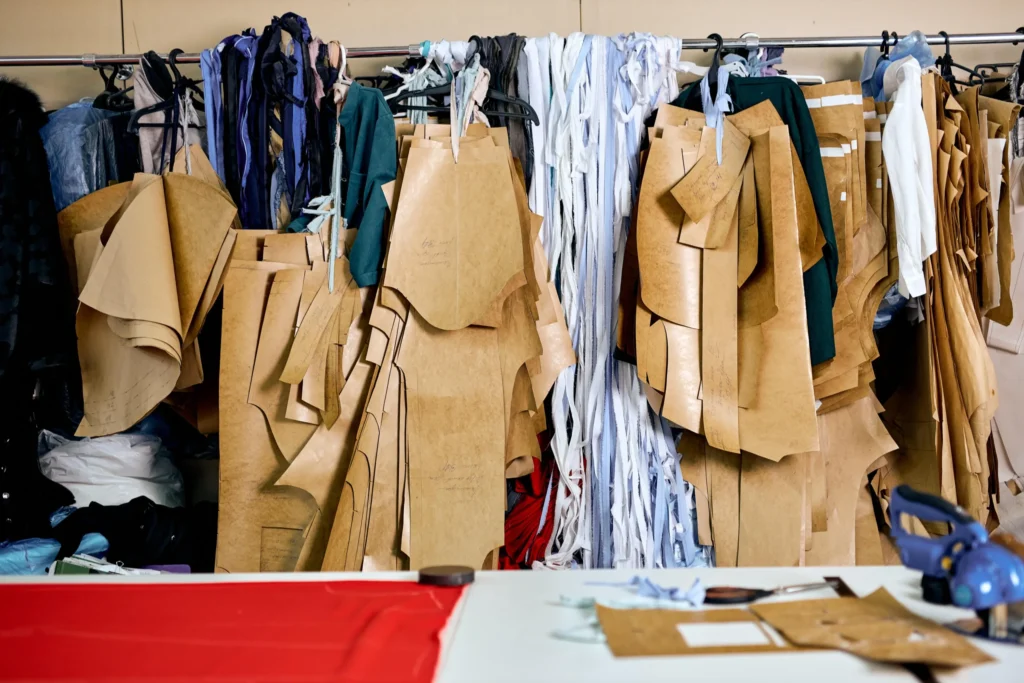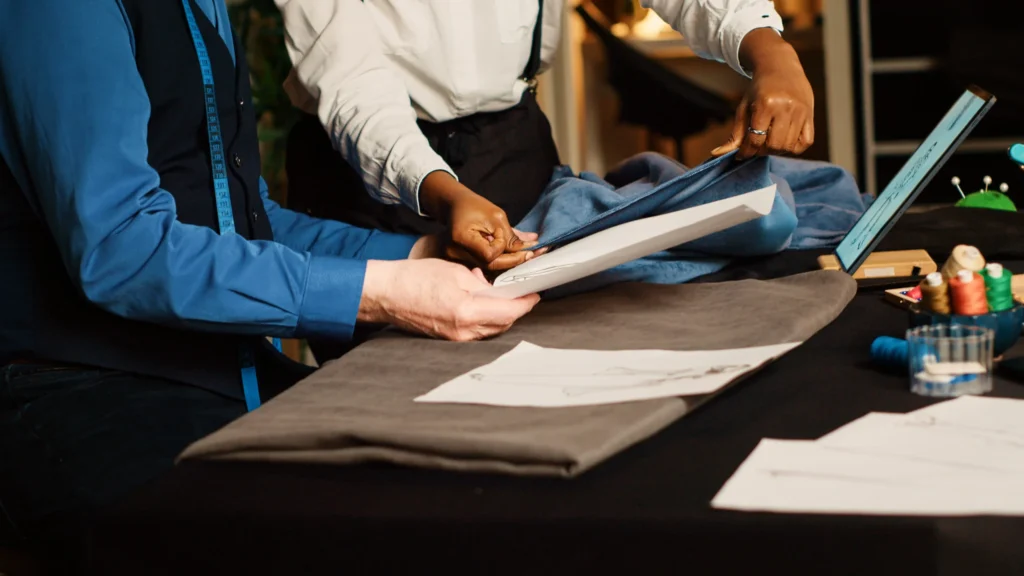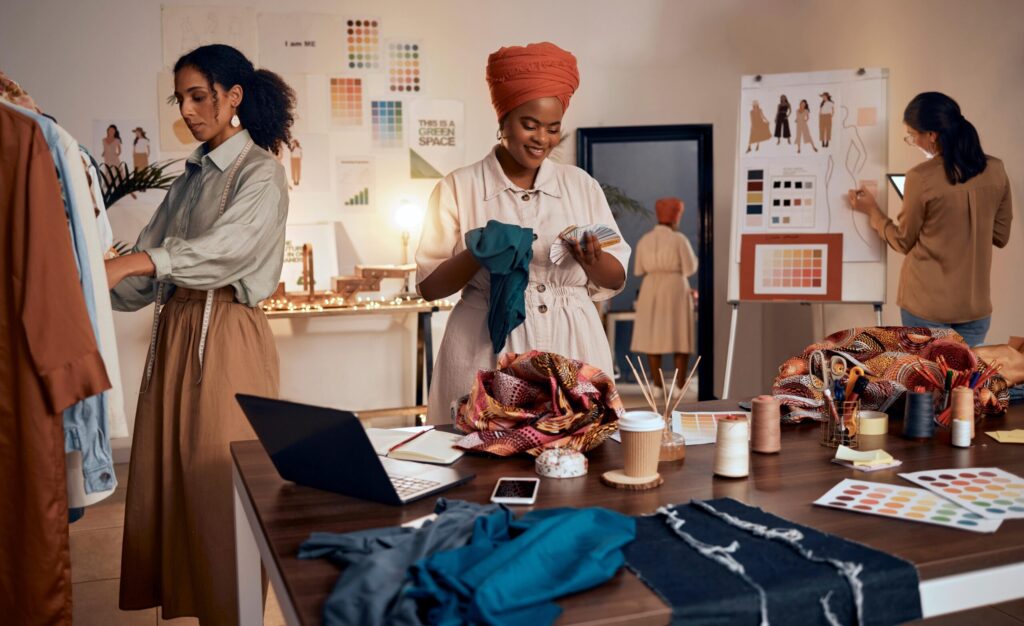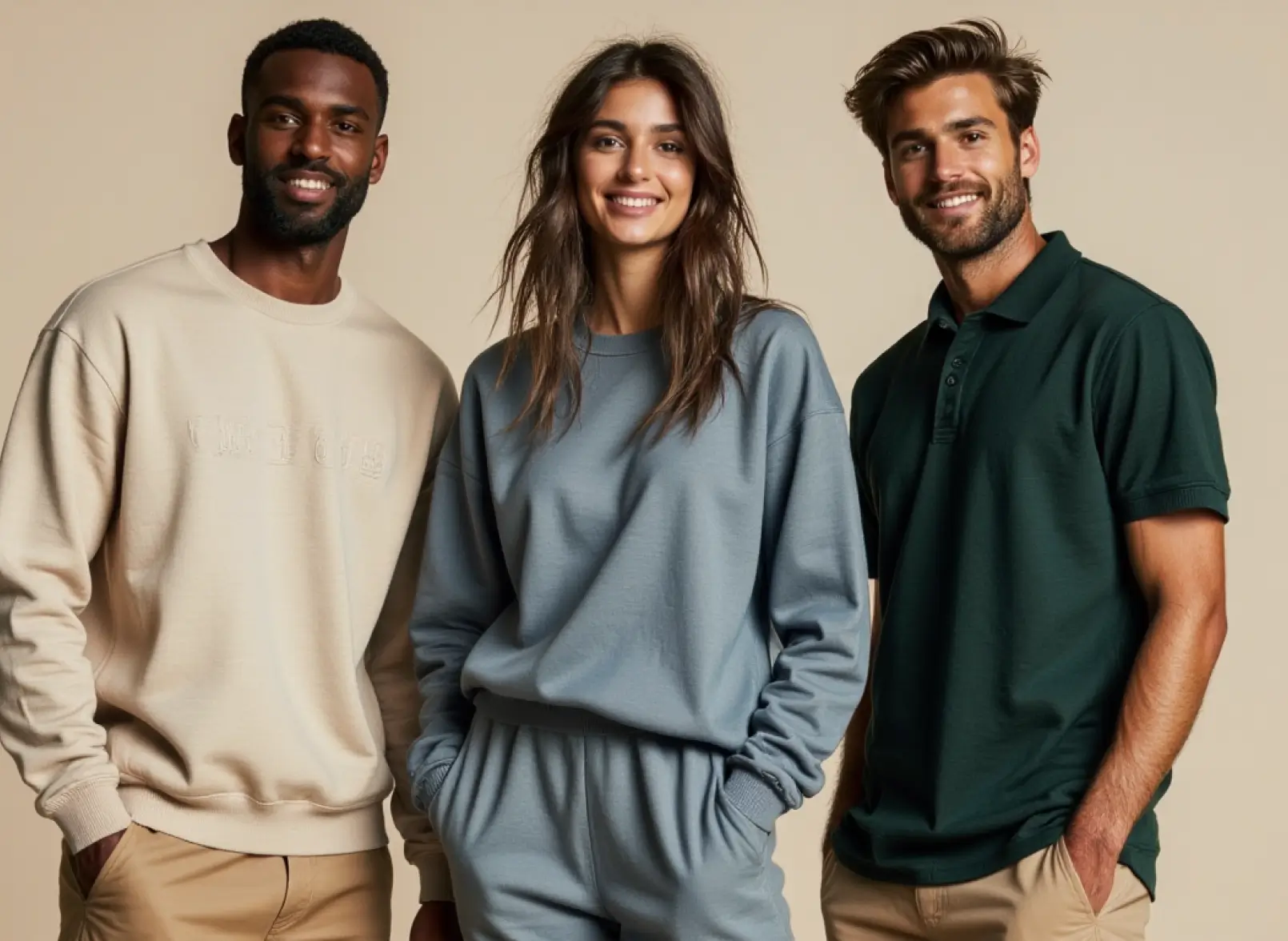- Home
- Apparel Services
- Cut and Sew Manufacturer
- Private Label Clothing Manufacturer
- DTF Printing
- Sublimation Printing
- Embroidery Manufacturer
- Custom Design Service
- AI Generated Design Service
- AI Photo Studio Service
- Products
- Shirts Manufacturer
- Sportswear Manufacturer
- Activewear Manufacturer
- Hoodies Manufacturer
- Tracksuits Manufacturer
- Shorts Manufacturer
- Accessories Manufacturer
- Business Uniform Manufacturer
- Streetwear Manufacturer
- About
- Success Stories
- Blogs
- Contact Us





